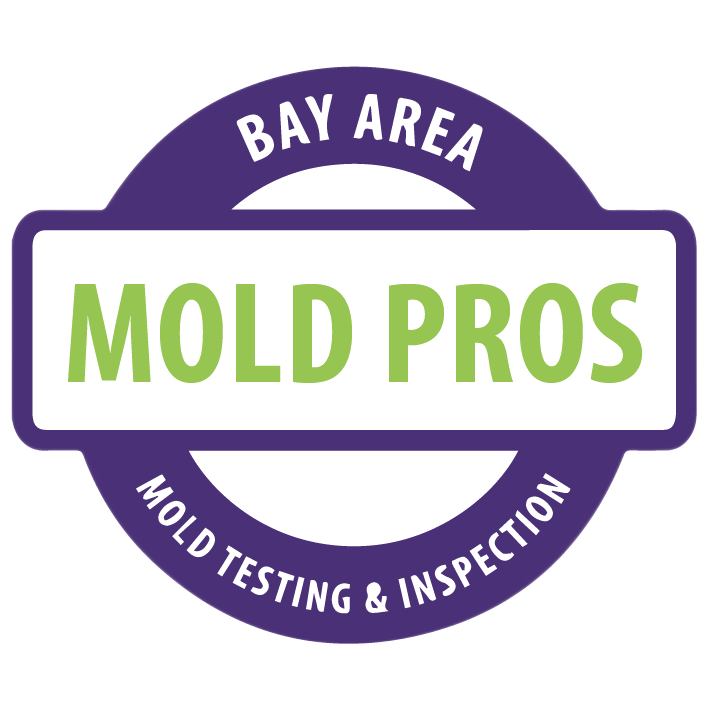
Introduction
Mold damage is a persistent issue for both residential and commercial properties in San Francisco. With the city’s humid climate and frequent exposure to moisture, mold growth can occur rapidly, causing health concerns and property damage. Whether you’re a homeowner or business owner, addressing mold problems promptly is essential to protecting your property and the health of its occupants.
Bay Area Mold Pros, led by certified mold inspector Rick Bruce, provides professional mold inspection and testing services for residential and commercial properties
What Causes Mold Damage in San Francisco Properties?
The unique environmental factors in San Francisco make it particularly prone to mold growth:
- Humidity and Moisture: High humidity levels and frequent rain contribute to damp conditions, especially in poorly ventilated spaces.
- Leaking Pipes or Roofs: Water intrusion from leaks is a common source of mold in homes and businesses.
- Flooding or Water Damage: Past flooding incidents, if not properly remediated, can leave behind ideal conditions for mold.
- Poor Ventilation: Bathrooms, kitchens, basements, and crawl spaces with inadequate airflow trap moisture, leading to mold growth.
- Condensation: In commercial properties, HVAC systems and improperly insulated windows can cause condensation that fosters mold.
Common Areas Affected by Mold in Residential and Commercial Buildings
Mold can grow in virtually any part of a building, but some areas are more vulnerable:
Residential Properties
- Bathrooms and kitchens
- Basements and crawl spaces
- Attics
- Around windows and doors
- Under sinks and near water heaters
Commercial Properties
- HVAC systems and ductwork
- Storage rooms and basements
- Restrooms and break rooms
- Walls, ceilings, and flooring in moisture-prone areas
- Areas near industrial equipment or plumbing systems
The Risks of Mold Damage
Mold isn’t just an eyesore—it can pose significant risks to health, property, and business operations:
Health Risks
- Allergic Reactions: Sneezing, coughing, itchy eyes, and skin irritation.
- Respiratory Issues: Asthma, difficulty breathing, and sinus infections.
- Toxic Reactions: Certain mold types, like black mold (Stachybotrys chartarum), release harmful mycotoxins that can affect the immune system and neurological function.
Property Damage
- Structural Damage: Mold weakens wood, drywall, and insulation, leading to costly repairs.
- Decreased Property Value: Unaddressed mold problems can lower the resale value of homes and buildings.
- Equipment Damage: In commercial properties, mold can damage HVAC systems, electronics, and inventory.
Business Disruption
For commercial properties, mold can interrupt daily operations, leading to lost revenue, health risks for employees, and potential liability issues.
Mold Inspection and Testing: A Critical Step
Whether you suspect mold or need confirmation, professional mold inspection and testing are vital to addressing the problem effectively.
Why Testing Matters
- Identifies the type of mold present.
- Pinpoints hidden mold and moisture sources.
- Measures mold spore levels in the air to assess the severity.
Bay Area Mold Pros uses advanced techniques and equipment to ensure thorough mold assessments for both residential and commercial properties.
Case Study: Mold Remediation for a San Francisco Business
Problem: A local retail store in San Francisco discovered mold in its storage room after noticing a persistent musty odor. Moisture from a leaking pipe had caused mold to spread across walls and inventory.
Solution:
- Inspection: Certified mold inspector Rick Bruce conducted a comprehensive inspection and testing to identify the mold type and extent of damage.
- Containment: The affected area was sealed off to prevent further contamination.
- Remediation: Mold was safely removed, and the area was treated with antimicrobial solutions.
- Prevention: The leak was repaired, and a dehumidifier was installed to control humidity.
Result: The business resumed operations with improved air quality and no further mold issues.
Prevention Tips for Mold in Homes and Businesses
Taking preventative measures can save you time, money, and stress. Here’s how:
Residential Properties
- Keep humidity levels below 50%.
- Fix leaks promptly.
- Ensure proper ventilation in bathrooms and kitchens.
- Use mold-resistant paint in moisture-prone areas.
Commercial Properties
- Maintain HVAC systems regularly.
- Install dehumidifiers in storage areas.
- Address leaks or flooding immediately.
- Schedule periodic mold inspections, especially after water damage.
Why Choose Bay Area Mold Pros?
- Certified Expertise: Rick Bruce is a certified mold inspector with years of experience in both residential and commercial properties.
- Comprehensive Services: We provide thorough inspections, testing, and detailed reports with actionable solutions.
- Advanced Tools: From air quality testing to moisture detection, we use cutting-edge equipment for accurate results.
- Local Knowledge: As a San Francisco-based business, we understand the unique challenges of mold in this region.
- Customer-First Approach: Your health, safety, and satisfaction are our top priorities.
Conclusion
Mold damage in San Francisco’s residential and commercial properties is a serious concern that requires professional attention. By understanding the risks, taking preventative measures, and relying on expert services like Bay Area Mold Pros, you can safeguard your property and health from the harmful effects of mold.
Don’t wait—call (650) 762-6228 or visit bayareamoldpros.com today to request a professional mold inspection and testing service.
